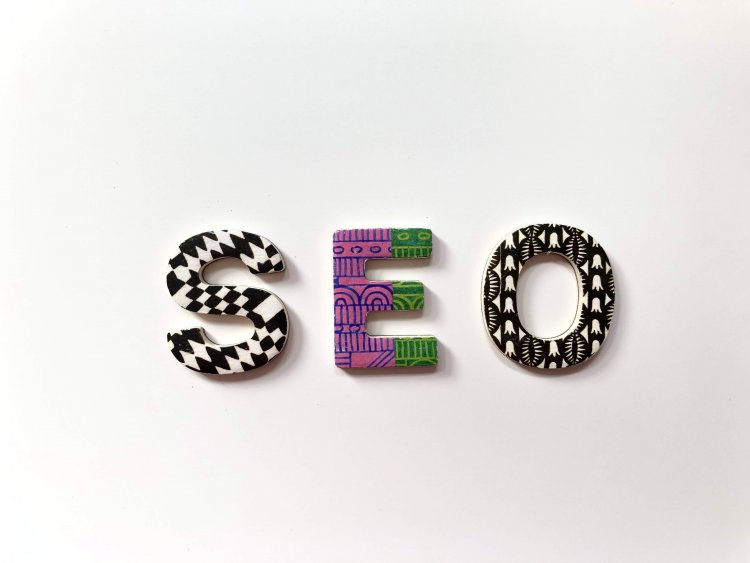Can you imagine trying to compete with 12 million â 24 million e-commerce sites for traffic and attention? And new online stores are born every single day.
If you’re an e-commerce store owner, having an SEO (search engine optimized) blog is one of the best ways you can throw your hat in the ring.
Unconvinced?
Well, here are three big reasons why you need an SEO blog in today’s e-commerce.
Help potential customers easily find you
An SEO blog can help you become more visible on the web. When you’re able to rank your blog posts on Google, especially on the first page, people become more aware of your brand and the products you offer.
Just take a look at the statistics:
- 81% of retail shoppers search online before buying (Source: Global Web Index)
- The majority of shoppers (62%- 94% in almost all retail verticals) start researching through a search query. (Source: LSA)
- The first page of Google gets 75% to 92% of all site traffic. (Source: Search Engine Watch)
Now, what do these mean for you?
It means that it’s going to be harder for your potential customers to find you if you don’t show up on top of search results. Plus, it shows that being on top gives you a huge advantage over your competitors.
Qualified site traffic is the lifeblood of an online business. More site traffic means more people coming in who can become buyers and maybe even loyal fans.
And when you have consistent organic traffic from your SEO blog, this means you don’t have to depend on paid advertising to get leads and sales.
Stand out in a sea of discounts and promos
Often when we think of e-commerce, we think of discounts and promos. But these days, these strategies may not be enough to get people to buy from you.
We buy stuff from those we know, like, and trust.
An SEO blog can help you be known, liked, and trusted by your ideal customers.
Say, for instance, you’re selling organic and eco-friendly skincare products. You can have blog posts on how to transition into organic skincare, how to look well-rested for video calls, and even how to recycle beauty products.
In this way, you can become an authority in this niche. Plus, more people would visit your site not just for your amazing products but for your practical tips and advice.
Best of all, you get to promote your own products in your posts without annoying potential customers.
Build a loyal community around your brand
As previously mentioned, having all the marketing bells and whistles are not enough to draw customers today. Now, probably more than ever, customers crave for a sense of belonging.
We want to support brands who genuinely care about what we care about.
Also, especially during these difficult times, we want to be moved and be inspired.
Between two quality brands at the same price point, the one who understands their customers more and is able to build a strong connection with them wins the sale.
Yes, besides price, we buy from brands that share our stories and values.
So, using the previous example, you can use your SEO blog to feature transformational stories of your customers. Like, how Emma managed her eczema in 7 days using your organic skincare product. Her compelling story can encourage people to engage with your brand, share her story on social media, and buy your products.
That’s going to mean good business, wouldn’t it?
Moreover, you can use it as a platform to discuss topics that your ideal customers actually care about such as sustainability, animal testing, and harmful ingredients in commercial beauty products.
Then, you can repurpose the content into social media posts, videos, and email campaigns.
But unlike social media platforms which can just disappear in a snap, your SEO content would be there 24/7 working to bring in site traffic and sales.
Many people assume SEO content is simply sprinkling a target keyword phrase here and there and calling it a day. The reality is, it’s combining solid marketing research, high-quality content, and great storytelling with relevant SEO techniques to help grow your business online.
It should always be personal and not just for the sake of ranking.
If you’re not so sure how to go about it, just remember what Neil Patel said, “write content for people and optimize for Google.”

















